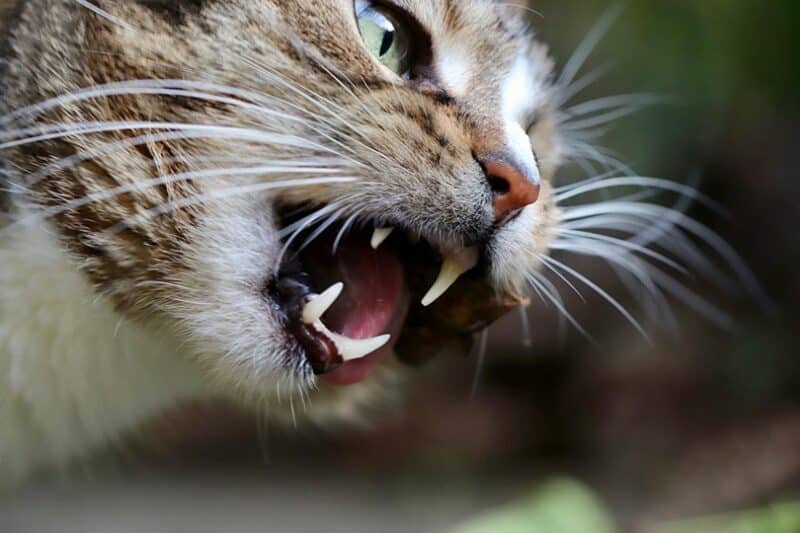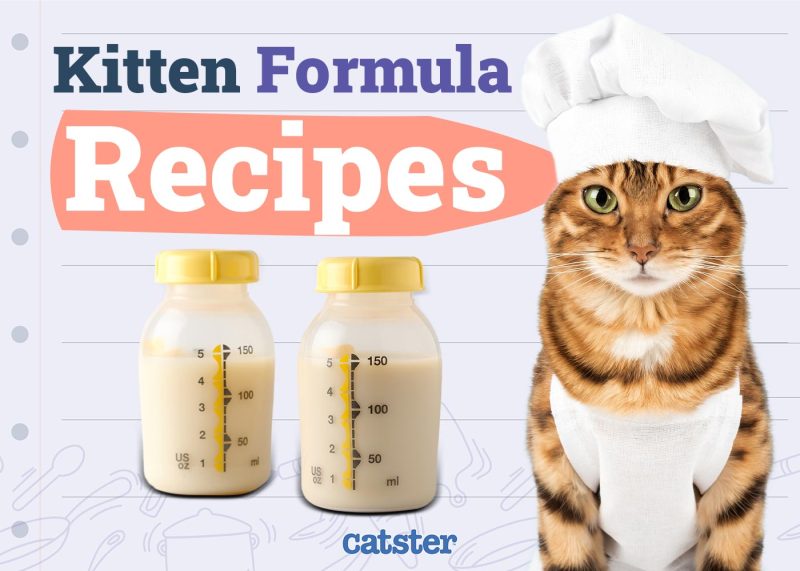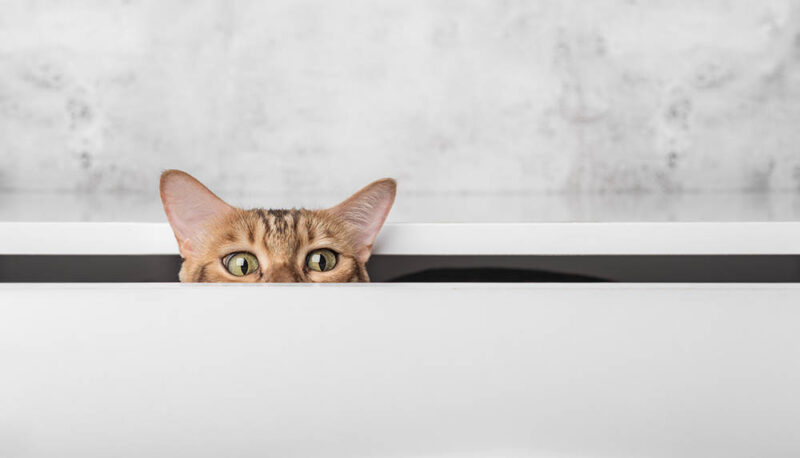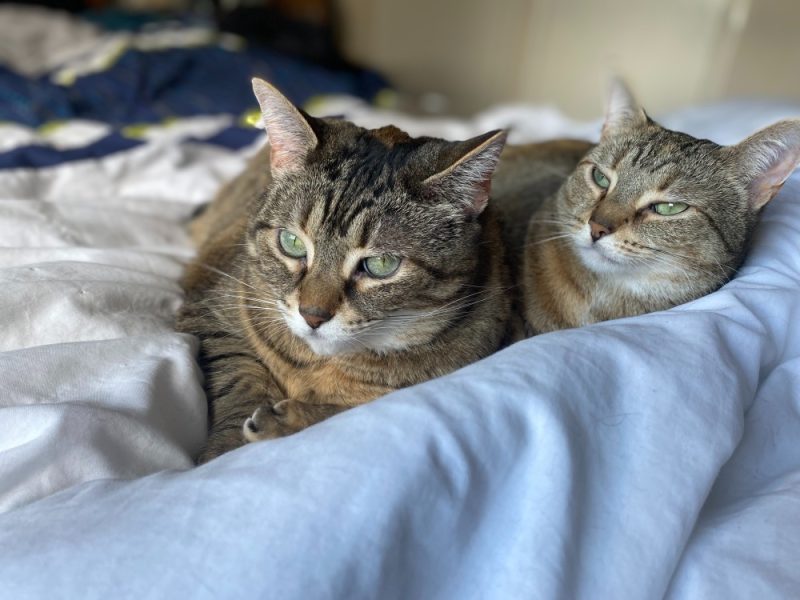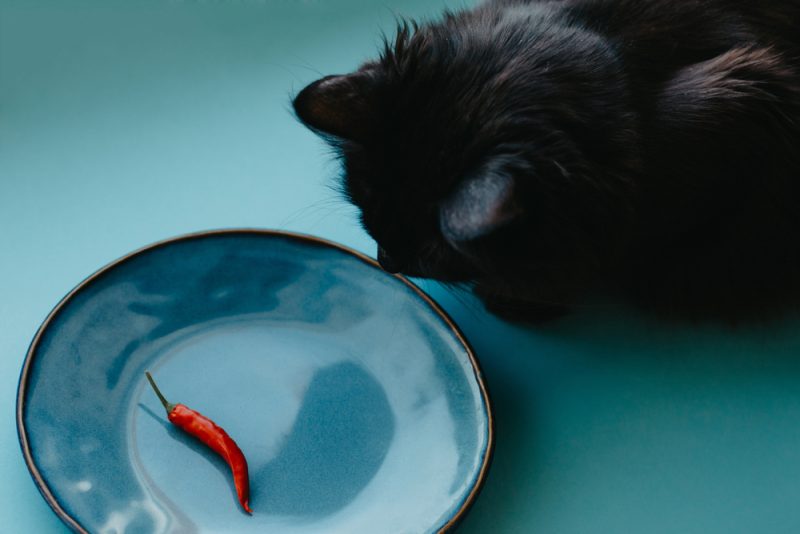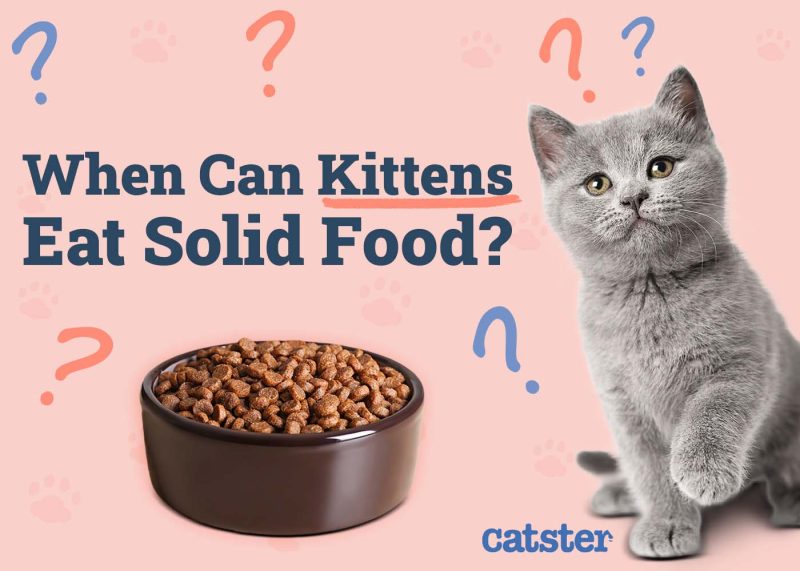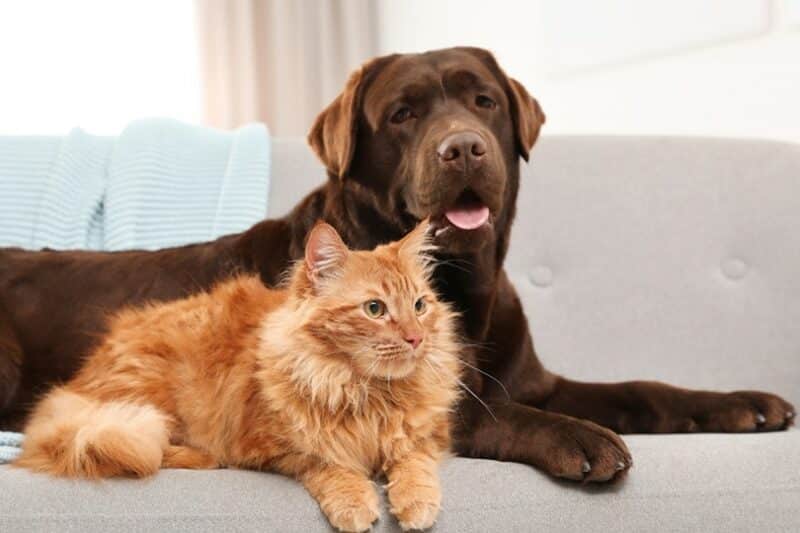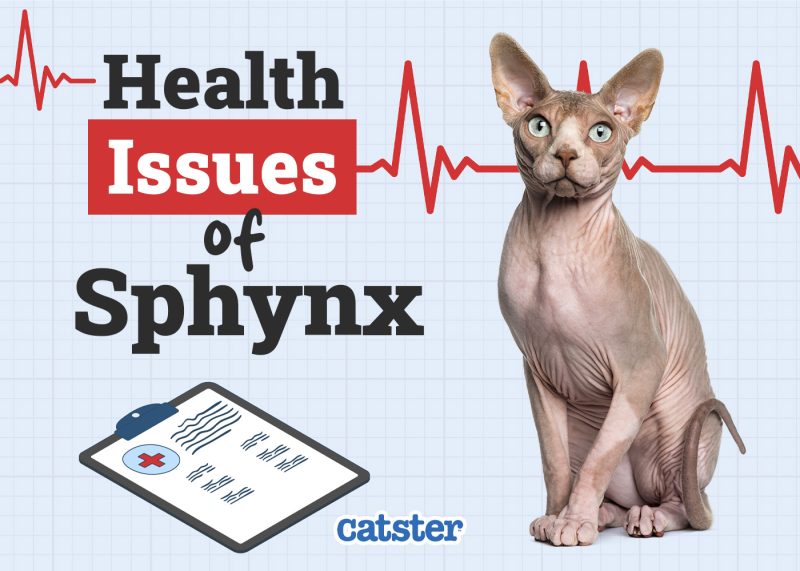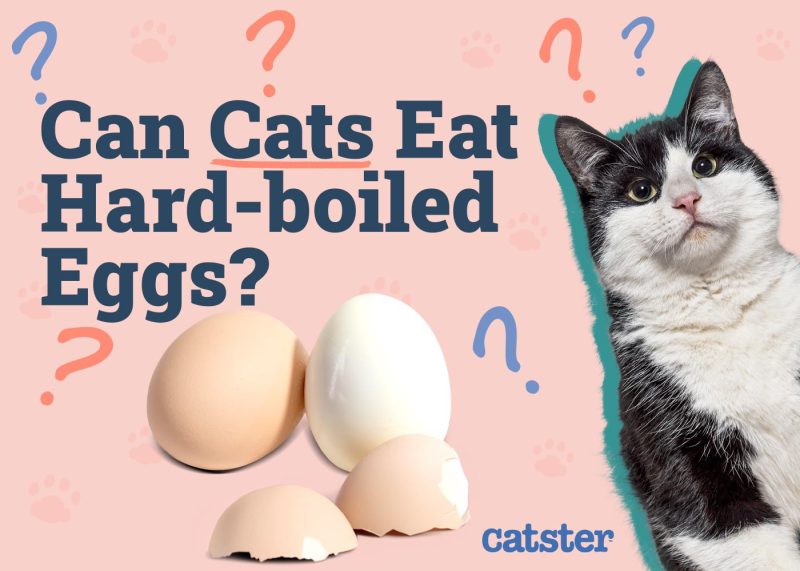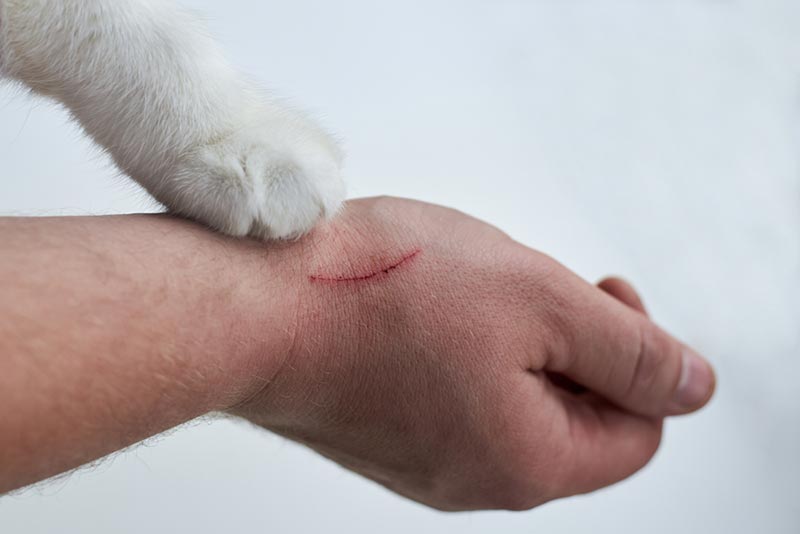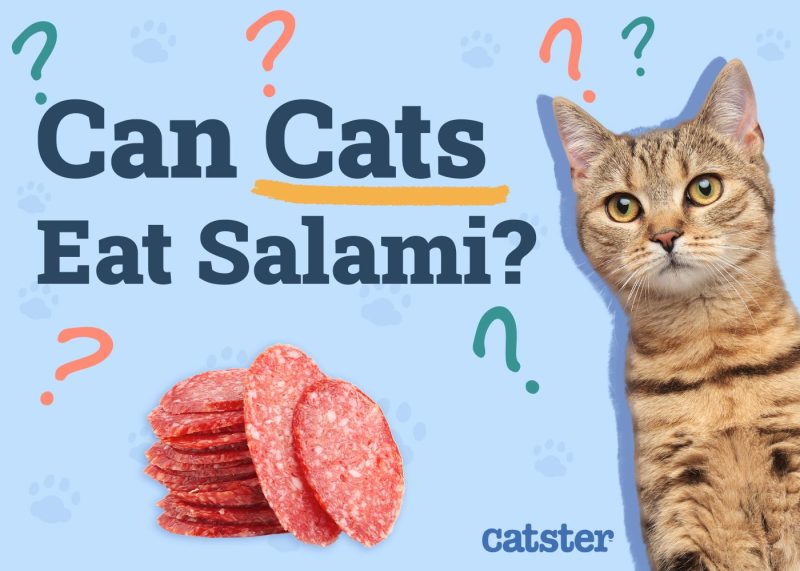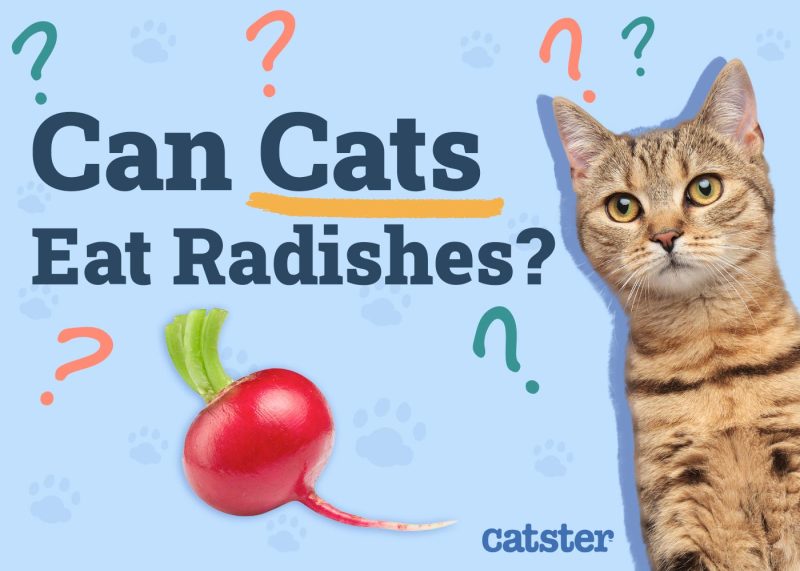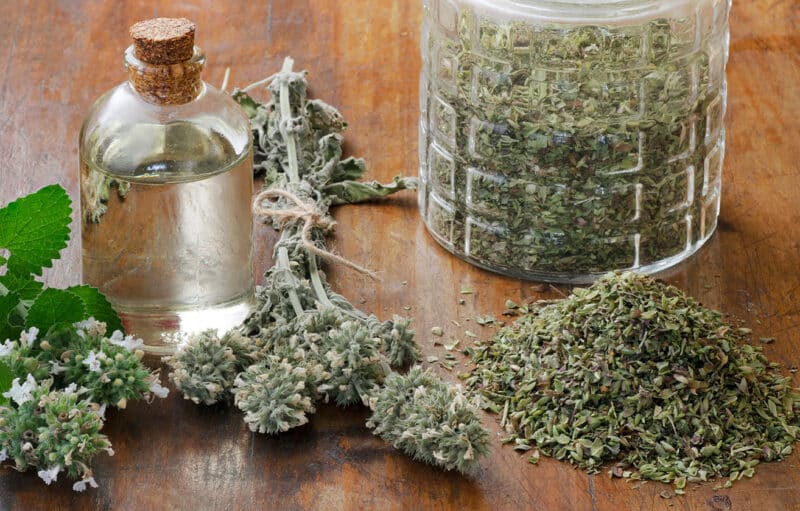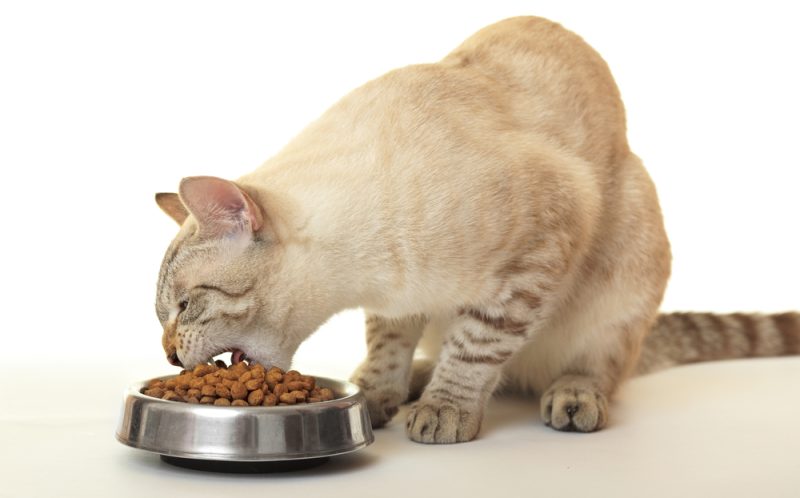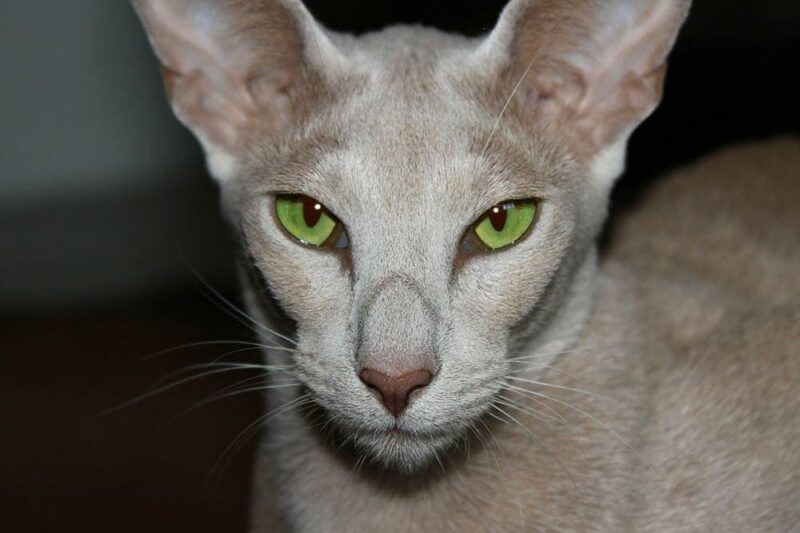Your cat’s teeth are important tools that they need for eating and fighting, but they are also quite small and surprisingly delicate, and many felines suffer from dental disease later in life. If you are looking to learn all that you can so you can keep your pet healthy, keep reading for several interesting facts about cats’ teeth so you can be better informed.

The 10 Facts About Cats’ Teeth
1. Cats Have Almost as Many Teeth as Humans
Adult cats typically have 30 teeth, comprising incisors, canines, premolars, and molars.1 The variety in tooth types allows for the efficient processing of different types of food in their diet. This number is very close to humans, who usually have 32 teeth as adults.
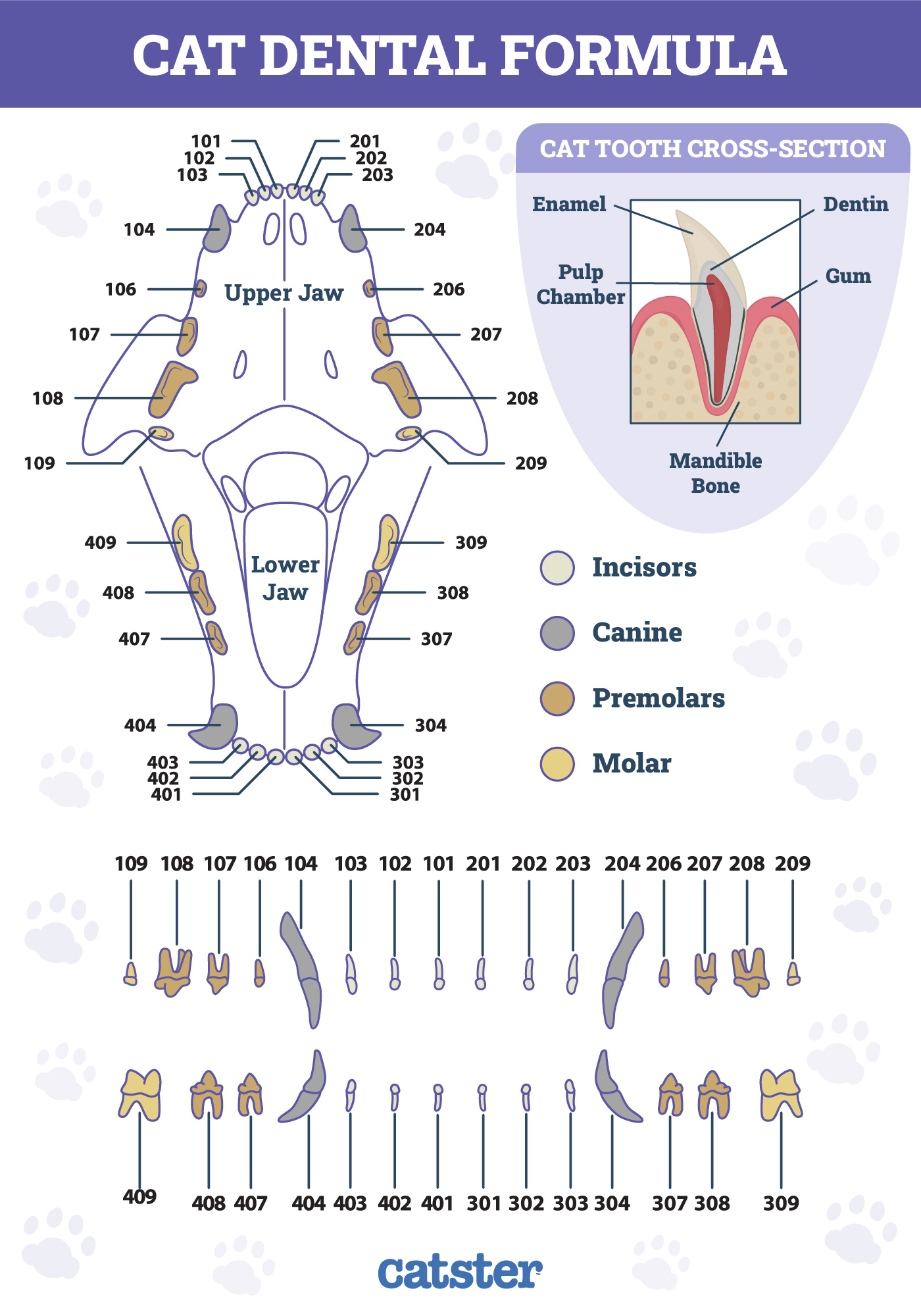
2. Cats’ Teeth Have No Flat Grinding Surfaces
In contrast to herbivores and most omnivores, cats lack flat surfaces on their molars, as grinding is not necessary for the efficient consumption of animal flesh. These flat surfaces are designed to break down tough fibrous plant material, so carnivores don’t need them.
3. Cats Have Deciduous Teeth
Similar to humans, cats have deciduous, or baby, teeth that eventually give way to permanent teeth. The process of losing baby teeth usually begins around 3 months of age, but the teeth are so small, you likely won’t notice their loss. Cats should have all their adult teeth by the time they’re 6 months old.
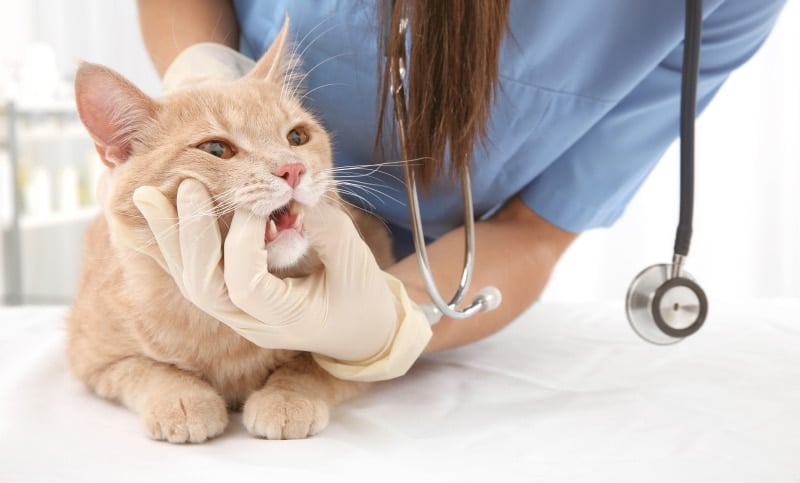
4. They Have Dual-Purpose Canines
The cat’s canine teeth serve a dual purpose. They are dangerous weapons when they hunt, and they help the cat tear meat off bone.
5. They Have Dual-Purpose Incisors
Cats also have dual-purpose incisors. These small but sharp teeth at the front of the mouth help the cat nibble at smaller bits of food, and they are also important for grooming.
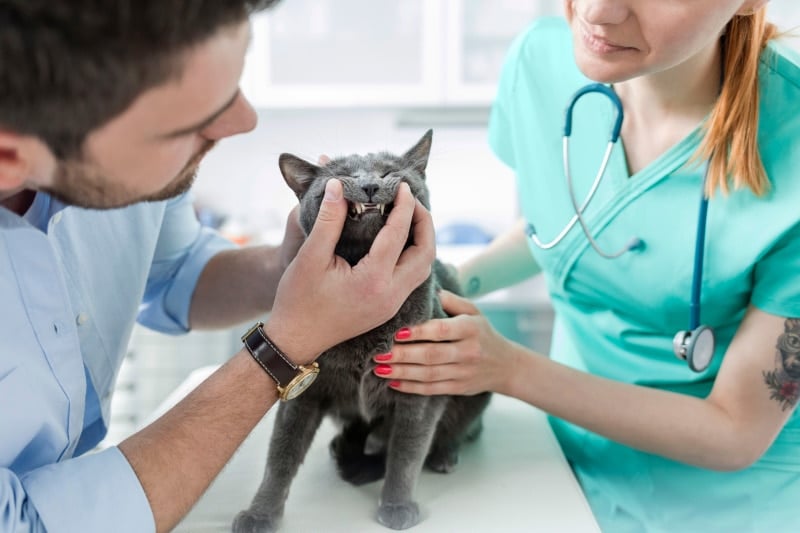
6. Cats Don’t Get Cavities
Cats don’t have any flat grinding surfaces on their teeth like humans do, so they can’t get cavities. However, their teeth are prone to a particular condition known as resorption, which is very common in cats.
7. Cats Often Suffer From Dental Disease
Periodontal disease, an inflammatory condition affecting the tissues surrounding the teeth, is a common dental issue in cats, with some reports suggesting that more than half of cats over the age of 3 suffer from some form of it. It is most often associated with poor dental hygiene, leading to the formation of tartar and calculus on the teeth. There is also a relatively high incidence of gingivostomatitis, an inflammatory condition that results in painful swelling, bleeding, and ulceration of the gums and oral mucosa. It commonly affects cats that have a history of viral infection but can also occur as an autoimmune disease.
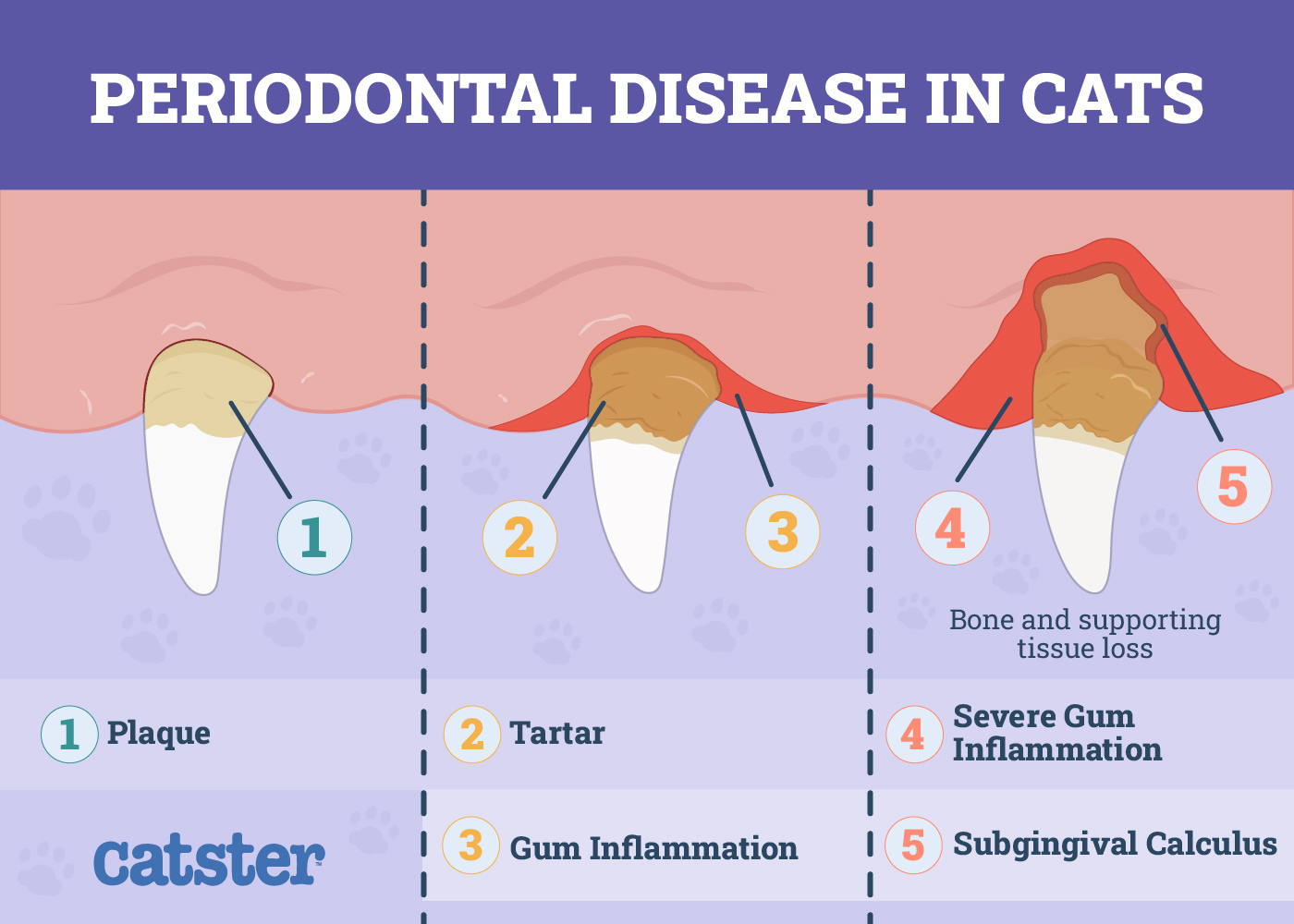
8. Cats Can Experience Tooth-Related Behavior Changes
Cats experiencing dental pain or discomfort may exhibit changes in behavior, such as reluctance to eat, increased salivation, or pawing at the mouth. They may also be less friendly and more aggressive toward other pets in the household.
9. Diet Can Affect Cats’ Dental Health
Dry cat food can help scrape away tartar as the cat eats, which can help promote better dental health compared to cats that eat wet food exclusively, but this effect is only noticeable if the kibble size is large enough to require chewing. A veterinarian can give you an advice on which kibble is the most suitable for this purpose.
Need veterinary advice but can't get to the clinic? Catster recommends PangoVet, our online veterinary service. Talk to a vet online and get the answers and advice you need for your cat without having to leave your living room — all at an affordable price!

10. Dental Care for Cats Can Be Challenging
Cats can be finicky when it comes to dental care practices, and many owners find it challenging to stick to a teeth cleaning regime. Introducing oral hygiene routines, such as tooth brushing, may require patience and positive reinforcement. Specially designed dental treats and toys can also contribute to maintaining their dental health.

Frequently Asked Questions
When Do Kittens Start Losing Their Baby Teeth?
Kittens typically begin losing their baby teeth around 3 months of age. The process continues until they are about 6 months old, when most of their permanent teeth have erupted.
Do Cats Experience Teething Discomfort Like Humans?
Yes, kittens may experience a bit of discomfort while teething. Chewing on appropriate toys can help alleviate this discomfort, and providing teething-specific toys can be beneficial.
What Is Feline Tooth Resorption and How Is It Treated?
Feline tooth resorption is a common dental issue where a cat’s body reabsorbs the teeth. Treatment involves extraction of the affected teeth and early detection through regular veterinary check-ups. Dental X-rays can help identify lesions of affected teeth that aren’t yet visible above the gumline.
How Can I Brush My Cat’s Teeth?
Brushing a cat’s teeth requires patience and gradual acclimation. Use a cat-specific toothbrush and toothpaste, introduce them slowly, and reward positive behavior. It’s advisable to start this routine when the cat is still a kitten. Start by applying some paste to a brush, and let your cat lick at or chew the brush. Once they are familiar with this process, you can start to be a bit more vigorous with the brush as they chew the bristles.
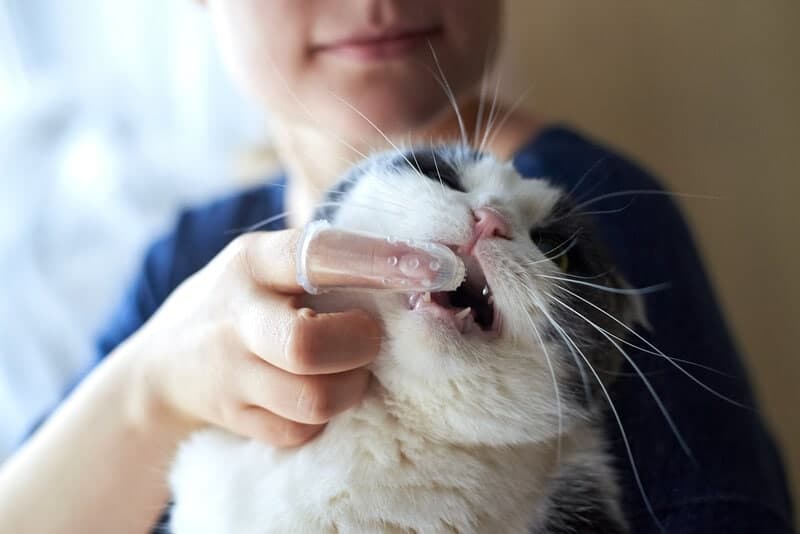
Are Dental Treats Effective for Maintaining a Cat’s Oral Health?
Dental treats can be effective in promoting oral health by reducing plaque and tartar buildup. Look for products approved by veterinary dental associations, and ensure that they complement a balanced diet.
Why Does My Cat Chew on Objects?
Chewing on objects, including non-food items, can be a natural behavior for cats. It helps maintain dental health by removing debris and may also serve as a form of play or stress relief. However, if they are frequently ingesting non-food items, it can be a sign of pica, so you may want to schedule an appointment with your vet.
How Often Should I Schedule Dental Check-Ups for My Cat?
The frequency of dental check-ups depends on your cat’s age, overall health, and any existing dental issues. Your veterinarian can guide you in creating an appropriate schedule based on your cat’s individual needs.
Can Cats Survive Without Teeth?
In the wild, cats without teeth would not do well, as their ability to hunt prey and tear through flesh would be severely compromised. Pet cats, however, can adapt well to a toothless life if the need arises. In cases of severe dental disease or gingivostomatitis, it is not unusual for a cat to need all their teeth removed. When this happens, the gums over the jaws become quite tough, and most cats are able to not only eat wet food and small kibble but can actually bite things like boiled chicken! In cases where there is a lot of pain or inflammation involved, cats often eat better once the teeth are gone.

Summary
Cats have sensitive teeth that need a great deal of care, especially as they get older, as many felines suffer from dental disease. While they don’t get cavities like we do, they are prone to tooth reabsorption and periodontal disease, which can result in pain and discomfort. Manually brushing your cat’s teeth, providing them with a high-quality diet that includes dry kibble and dental treats, and going in for regular dental check-ups can help keep your cat’s teeth in good shape.
See also:
Featured Image Credit: Annette Meyer, Pixabay
